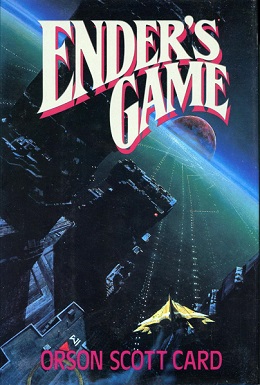“It’s not books you need, it’s
some the things that were once in books… The same infinite detail
and awareness could be projected through the radios and the
televisors but is not… Take it where you can find it… Books were
only one type of receptacle where we stored a lot of things we were
afraid we might forget.” Faber, in Fahrenheit 451 Recently,
I had the great pleasure to read Ray Bradbury’s brilliant novella
Fahrenheit 451. This is a book that deals, interestingly
enough, with the subject of book burning, with implications that
reach far beyond destruction of literature. In this classic dystopian
tale of censorship and suppression, Bradbury follows the life and
goings-on of the central protagonist, a fireman named Guy Montag.
Overall, Guy enjoys his job. Burning books is quite an honor, and
indeed, it’s his duty to burn the homes of those who unrepentantly
hoard books, those who choose to swallow the seeds of insurrection,
planting dissent and cultivating the forbidden knowledge in the deep
corners of their minds. Montag unflinchingly goes about his duty,
never wasting time to question, disregarding doubt and ignoring any
ill-borne ideas.
All this changes when Guy meets
Clarisse. She’s his new next door neighbor, she’s seventeen, and
she’s crazy. Indeed, she’s quite strange, choosing to care about
thing’s nobody seems to notice. Guy finds her upbeat, anomolic
personality enlightening. She caused him to begin wondering.
Pondering. Considering.
This marked a turning point in his
life, and he begins to call into question the very nature of his
existence.
Personally, I absolutely loved
Bradbury’s writing style. It was ornate and heavily stylized.
Powerful. Reading Bradbury’s work was like gazing into The
Garden of Earthly Delights, by Bosch, but instead of feeling so
insanely overwhelmed by the sheer level of detail, I felt as if I
could understand everything at once, I could inhale the information
and felt impelled, as if the book insisted that I keep moving.
Initially, the messages about
censorship did feel a little heavy handed sometimes, but they did
seem to relax as the book advanced; the book never loses its message,
however.
Overall, it was quite an enjoyable
read, one I can especially recommend to lovers of dystopias, lovers
of books, people who love prose bordering on poetry, and essentially
anybody taking in any sort of media at all. The idea of stopping
ideas, stopping the free flow of information and ripping the human
element out of art is a rather universally frightening idea, and it's
one that Bradbury explores with bold confidence.


